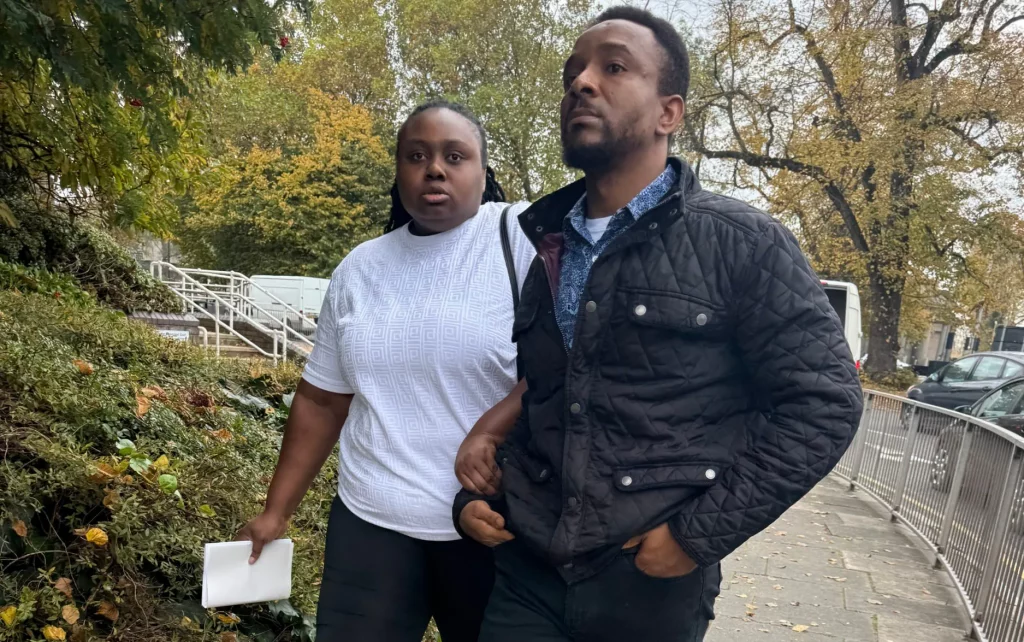A 33-year-old Nigerian man, Lucius Njoku, has been found guilty of impersonating a woman to work as a healthcare assistant at the Countess of Chester Hospital in Cheshire, United Kingdom. Njoku used the identity of his friend, Joyce George, a female nurse, to secretly work for two months in the hospital’s accident and emergency department.
Despite wearing a name badge with George’s photo, Njoku managed to work undetected until a patient confronted him about his identity. When asked who he was, Njoku reportedly responded, “My name is Joyce – but I am a man.” This unusual response prompted hospital staff to review CCTV footage, which confirmed he had worked several shifts under the false identity.
Investigations revealed that Joyce George, who is also Nigerian, had secured employment through an agency but allowed Njoku to take her shifts between February and April of this year. Police later found Njoku at George’s home, where phones seized from both individuals contained messages coordinating work schedules.
At Chester Magistrates’ Court, Njoku admitted to fraud by false representation. He was sentenced to 16 weeks in prison, suspended for 12 months, and ordered to complete 80 hours of unpaid community service. He must also pay £239 in costs and a surcharge.
Prosecutors confirmed that George fled the UK after being charged with fraud and is believed to have returned to Nigeria. A warrant has been issued for her arrest. It remains uncertain whether Njoku will face deportation, as he is a dependant on his wife’s UK work visa.
During the hearing, prosecutor Lisa McGuire told the court that both Njoku and George had initially refused to answer questions during police interviews. “Njoku worked as Joyce George with her full knowledge and permission,” she said.
Njoku’s lawyer, Steven Alis, explained that financial struggles led his client to commit the offence. “Mr Njoku came to the UK as a student. While resolving financial issues, he took up work under Miss George’s name. Surprisingly, management did not detect the impersonation, and his performance was not questioned,” Alis noted.
District Judge Jack McGarva described the act as one that “undermines the DBS and safeguarding system.” He added, “Even though you were qualified and there were no complaints about your work, you deceived your way into a role that requires proper background checks. This could have set a dangerous precedent.”
Njoku had no previous convictions. The court’s ruling emphasized the importance of safeguarding procedures in the NHS, especially in positions involving vulnerable patients.

